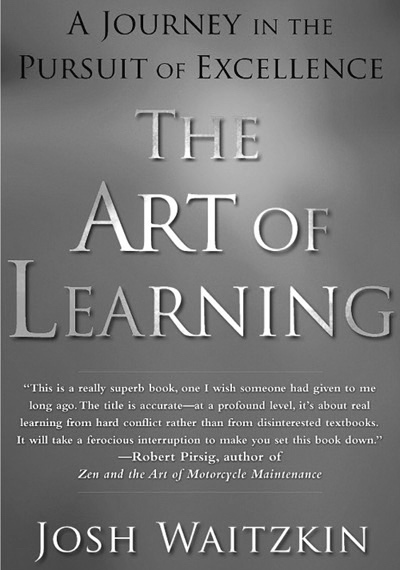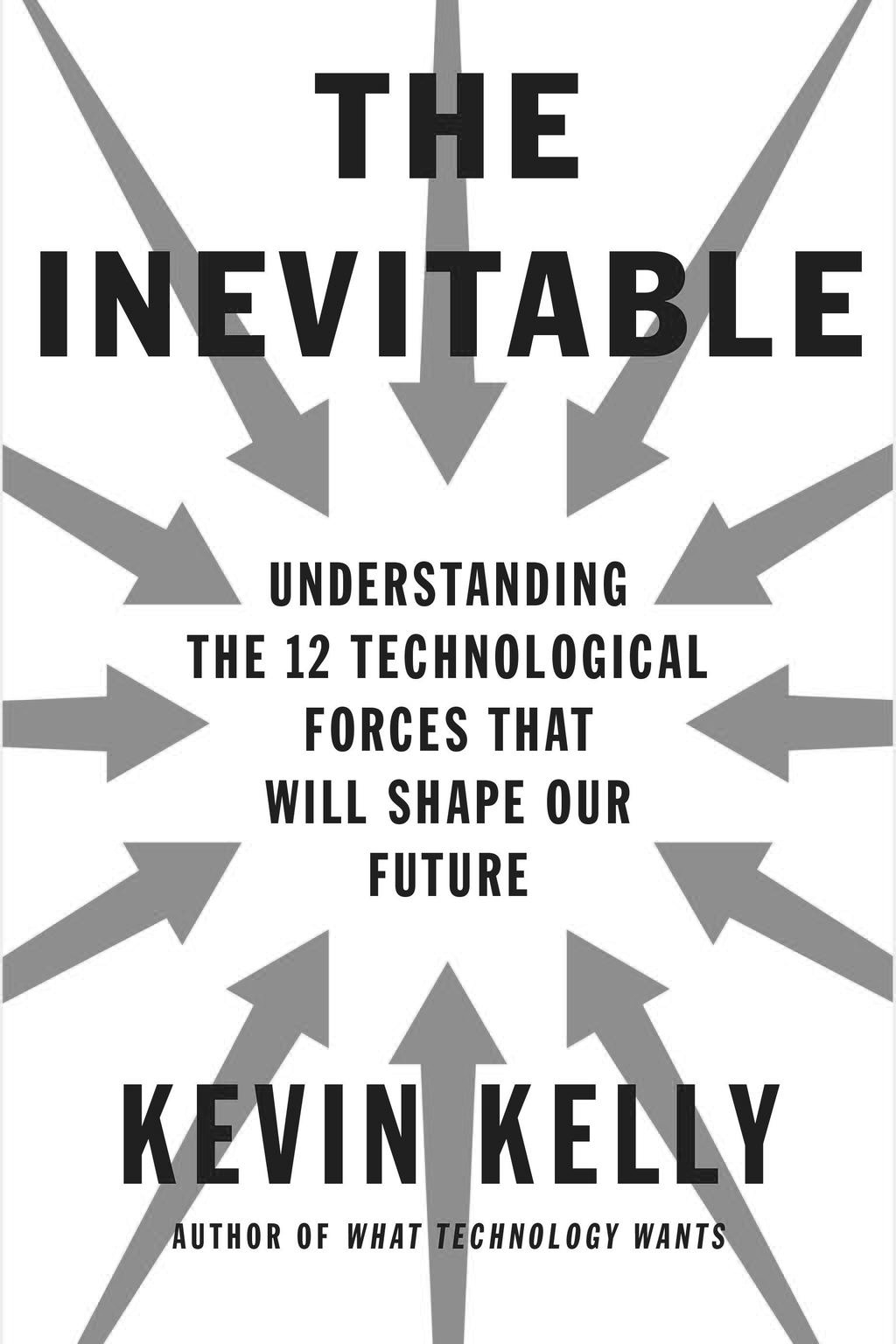Deep down I believe that we all want to be good at something. What that “thing” is differs from person to person. In Josh Waitzkin’s book The Art of Learning, Josh describes his personal process for achieving excellence and it is not what one might think. Josh explains that what he is best at is not the tactics of chess nor the martial combinations of Tai Chi, rather he is exceptional in the art of learning. While skill and talent do play a role, Josh talks about how he has prevailed against competitors who were smarter, faster, older, more talented, stronger, etc. Once you reach your organic peak, learning is all that you have left to climb higher.
In his book, Josh describes the mental game. This quote from his website summarizes that game best: "One thing I have learned as a competitor is that there is a clear distinction between what it takes to be decent, what it takes to be good, what it takes to be great and what it takes to be among the best..."
Josh uses his experiences in chess as the foundation for his approach to learning and as a guide to fall back upon for explanation and continuity throughout the book. Even when describing his expansion into Tai Chi, his fundamentals of learning follow suit.
For anyone looking to raise their game to another level, perhaps it is time to stop looking at the game and instead looking at how you learn the skills and attributes needed for that game. This journey is worth embarking upon.







